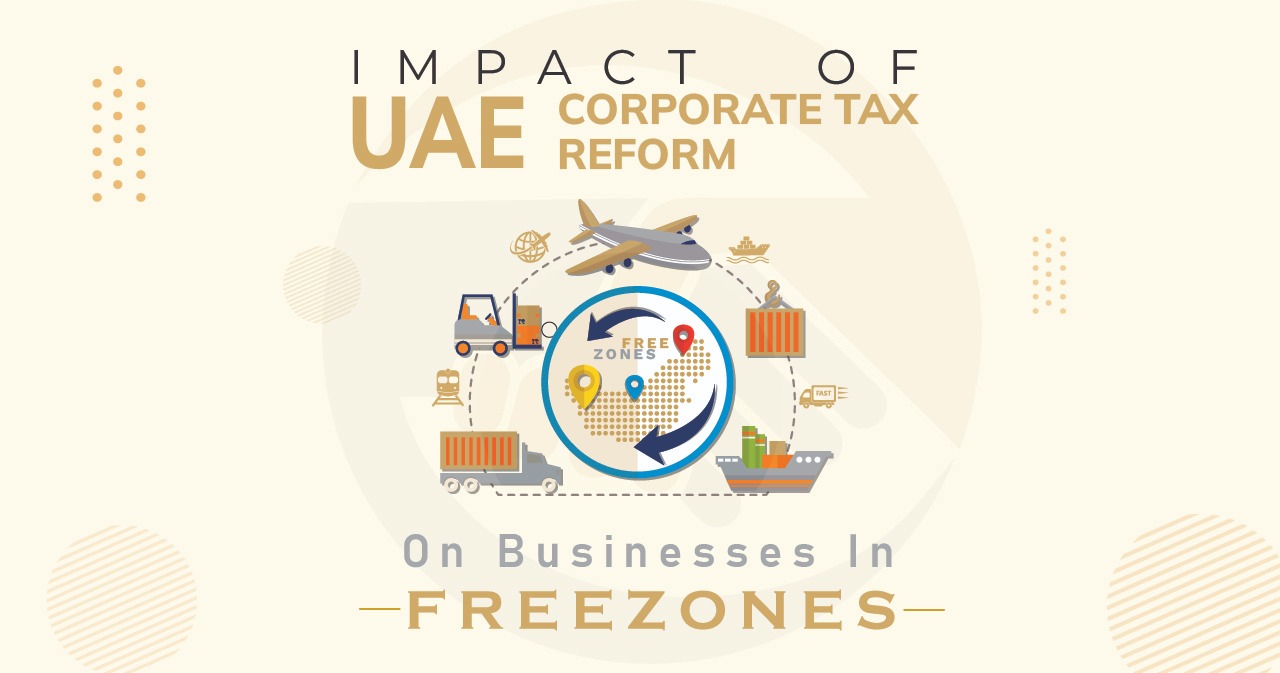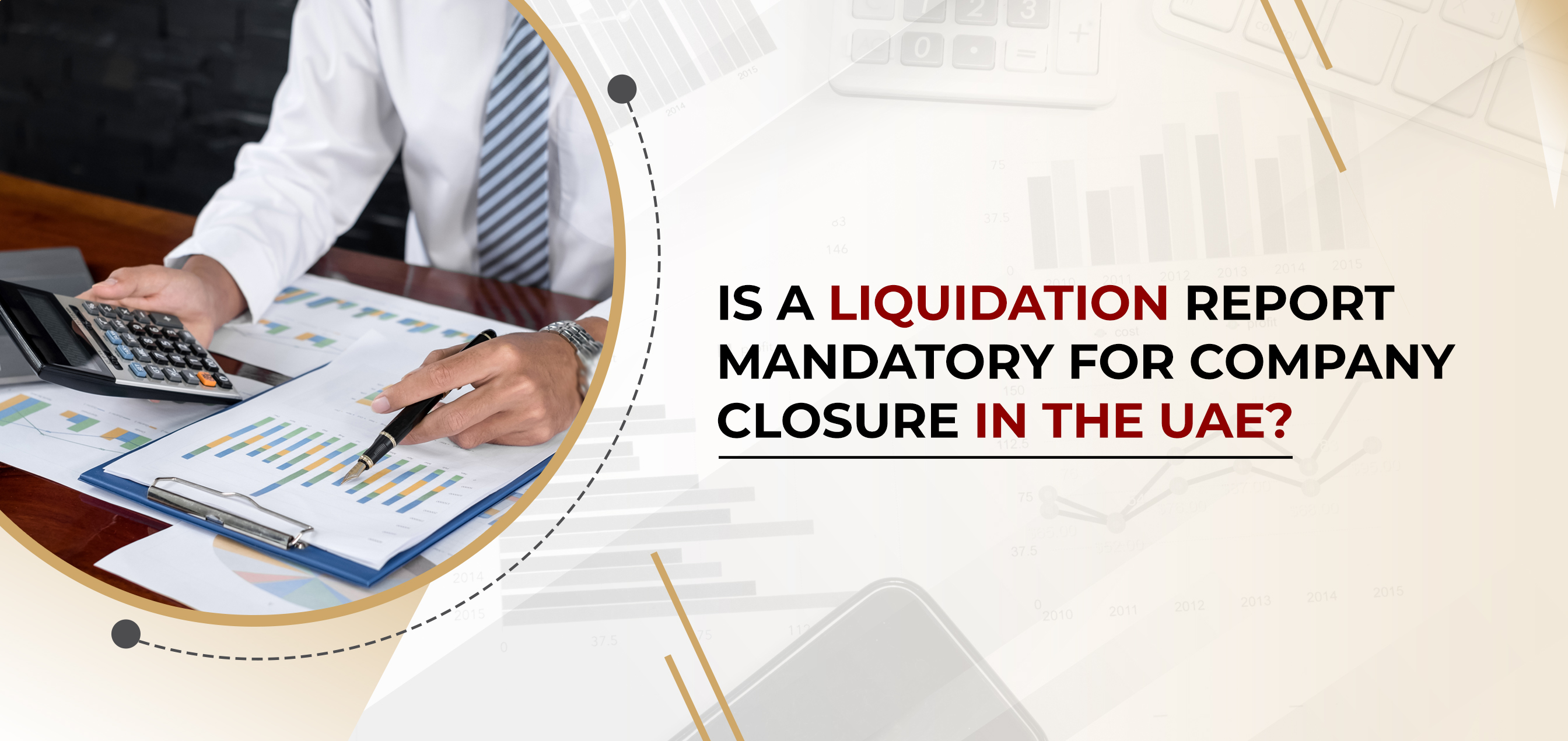
25 Aug 2022
United Arab Emirates (UAE) Ministry of Finance (MOF) announced on 31 January 2022 that business profits will be subject to Federal Corporate Taxes (CT) from 1 June 2023. As a result of the announcement, the MOF released the Public Consultation Document (Consultation) on the proposed UAE CT regime. We have outlined some key aspects of CT's impact on UAE Free Zone businesses.
How Would UAE CT Affect Free Zone Activities?
Free Zones are an integral part of the UAE economy that encourage foreign direct investment and make it easier to do business in the UAE, which is why the Consultation confirms that “tax incentives” will be granted to companies that comply with all regulatory requirements and maintain the excellent substance in Free Zones.
A 0% CT rate on business profits earned by Free Zone companies is consistent with Free Zone jurisdictions' original objectives:
- Foreign transactions with businesses based outside the United Arab Emirates.
- As a result of transactions with companies in the same Free Zone.
- Although it is not yet clear what the exact treatment will be for free-zone companies, we can expect the following:
- 0% CT rate on income earned from transactions with businesses located outside of the UAE, or from trading with businesses located in the same of any other Free Zone.
- The 0% CT rate may also apply to income from certain regulated financial services directed at foreign markets.
- Where a Free Zone Person transacts with mainland UAE but does not have a mainland branch, the Free Zone Person can continue to benefit from the 0% CT rate if its income from mainland UAE is limited to ‘passive’ income. This would include interest and royalties, and dividends and capital gains from owning shares in mainland UAE companies.
- The UAE wishes to maintain its status as the leading regional hub and headquarter location and, therefore, the 0% CT regime will also apply to transactions between Free Zone Persons and their group companies located in mainland UAE. However, to ensure the CT neutrality of such transactions, payments made to the Free Zone Person by a mainland group company will not be a deductible expense
- a Free Zone Person located in a Designated Zone for Value Added Tax (VAT) purposes can benefit from the 0% CT rate on income from the sale of goods to UAE mainland businesses that are the importer of record of those goods.
- Any other mainland sourced income will disqualify a Free Zone Person from the 0% CT regime in respect of all their income
The Consultation confirms that the CT rate will still apply to specific business profits. Following are the cases outlined in the document:
- Transactions between Free Zone companies and mainland UAE companies.
- Free Zone companies with branches in mainland UAE enjoy 0% CT rates on their other income while receiving mainland income.
A company in the Free Zone can elect to become subject to regular CT in the UAE. It will be irrevocable if a Free Zone company is granted CT status.
Is there a CT compliance requirement?
Despite having a 0% CT rate, Free Zone companies are still subject to the UAE CT. Free Zone companies must register for CT, file tax returns annually, maintain good substance, and adhere to all other regulations.
Free Zone companies can't choose to form a Tax Group and be considered a single taxable person under the CT regime if they benefit from the 0% CT rate.
How Can You Prepare?
Free Zone companies should implement the following measures because CT impacts may vary depending on the transactions from which profits are earned:
- Perform a CT analysis of business activities. Determine what is taxable at the standard UAE CT rate. Non-taxable
- Ensure that the business model, legal structure, and capital structure are rationalized
- A proper bookkeeping system should be in place. Each legal entity must report taxable income separately unless included in the Tax Group for CT purposes.
- Verify whether the company uses Internationally Accepted Accounting Standards when maintaining its Accounting Records.
- According to UAE CT Law, revenue subject to CT is calculated as the accounting net profit after adjustments.
- Assess whether the documentation maintained by the business as of date is adequate to justify zero-rating relief for business profits or if standard UAE CT rates apply. If necessary, rectify. For example, tax authorities may need to review the books of accounts and supporting documents.
How Can AMCA Help?
With the guidance of our Corporate Tax experts, AMCA Auditing offers one of the best CT services in Dubai. Our qualified team is ready to assist you with in-depth knowledge of the CT laws all year round.
Read More Corporate tax: What the new transfer pricing rule means for businesses



